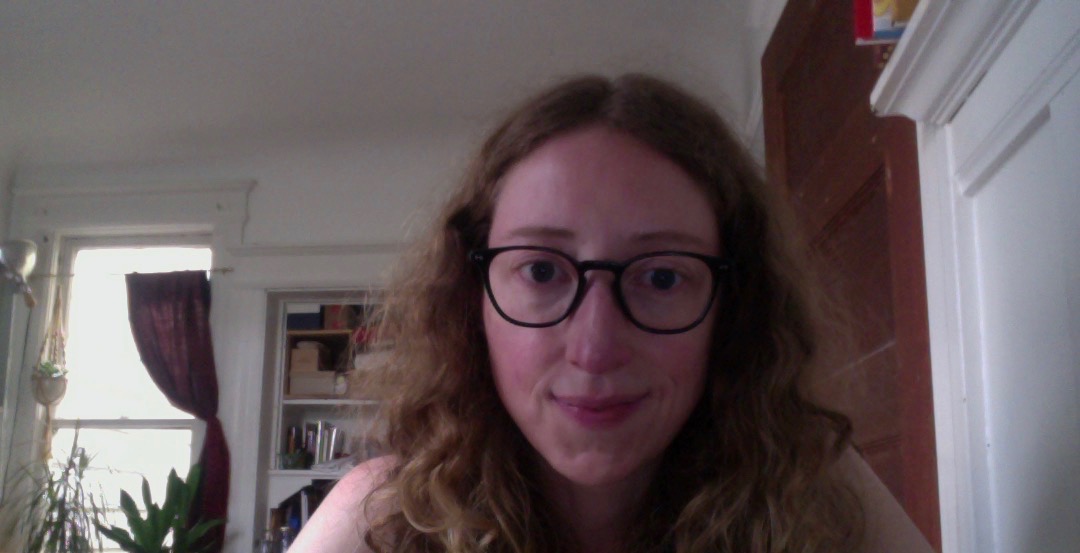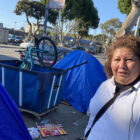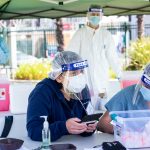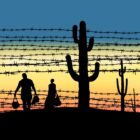If you have been in close contact with someone who is diagnosed with COVID-19, you may get a call from a contact tracer, who will want to offer you some guidance about quarantining — including, potentially, connecting you to food or cleaning supply delivery. Among them is Paula Heaney, a San Francisco librarian. Like other city employees, who serve as disaster workers in the event of an emergency, Heaney transitioned to working as a contact tracer when the pandemic hit.
“If you ever have a government job, especially in San Francisco, you will take a training right when you get hired, informing you that in case of disaster, you will be redeployed as a disaster service worker,” Heaney said. “After the earthquake, the Loma Prieta earthquake, they realized that they really needed to have a workforce on hand to deal with a disaster. So all city employees are disaster service workers. And when something bad happens, we step to the occasion. We do whatever the city needs us to do.”
Figuring out who may have been exposed to an illness when a person has contracted it is a strategy that has been employed in previous epidemics. Heaney said there was some doubt at the outset of the coronavirus pandemic that it could be applied successfully to a respiratory illness that spreads through the air, but that it quickly became clear the practice is a crucial tool in minimizing spread.
“It’s come to our attention that contact tracing is actually an amazing tool, because we can let people know that they have been exposed so that they can start quarantining before they start to feel sick,” she said. “And that way, they can not spread it. We hope.”
The length of the calls can vary widely, taking from 15 minutes to an hour, Heaney said. Often, the person getting the call will already know that someone they’ve had contact with has tested positive, but it’s also possible the contact tracer will be breaking the news. They must do this, however, without revealing who in a person’s circle may have exposed them to the virus.
“That can be a hard conversation if they weren’t aware of it, if no one told them,” Heaney said. “We just try to say, ‘it’s someone who cares about you and is doing their best to protect you and your family or your loved ones.’”
Contact tracers also offer guidance on how to most effectively quarantine for individuals who may not be able to isolate themselves from others for two weeks, like if they are caregivers. Those who live in close quarters with others may be offered a quarantine hotel, which will be made available for the duration of their quarantine or illness. Tracers can also connect those they call with resources like meal or food deliveries and cleaning supply deliveries for those who would struggle to obtain these items.
For the most part, Heaney said, the people she calls are receptive and willing to participate in the process. Only a few are suspicious that the contact tracer is actually a scammer, and coronavirus deniers are exceedingly rare.
“When I first was getting trained on this, I was like, ‘I’m going to call people and they’re not going to want to talk to me. I’m going to ask them all these personal questions.’ I mean, as a librarian, I never asked people personal questions,” Heaney said. “I was really worried that people would just say, ‘No, I’m not going to talk to you. This is creepy. I think you’re a scammer.’ But most of the time, people are really ready to talk to us.”
A segment from our radio show and podcast, “Civic.” Listen at 8 a.m. and 6 p.m. Tuesdays and Thursdays at 102.5 FM in San Francisco, or online at ksfp.fm, and subscribe on Apple, Google, Spotify or Stitcher.










